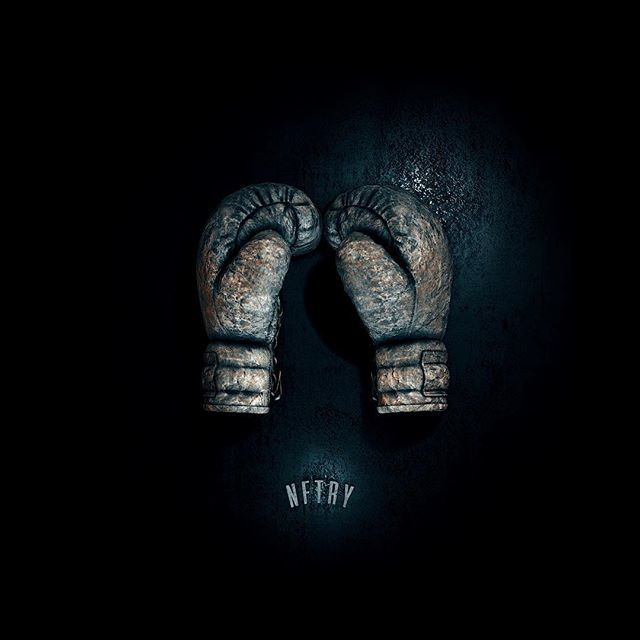“I am a husband and a father. I am a follower of the Way, Jesus Christ and I am a community organizer.”
Moore was not raised in a very religious home. He had some friends who went to church and would go with them sometimes, but said he went primarily to socialize. He considered himself a Christian, and while attending a summer camp as a teenager Moore said that God got a hold of him. “It resonated with me and made me look at my life, look at the deficits, look at sin.”
He understood that his sin was a big problem, but “I didn’t know if it was Buddha, Allah, or Confucius, whatever. I was starting to hone in on some answers and I was really starting to pursue truth even though I didn’t know exactly what that was.”
A year or two later, Moore’s cousin started bringing him to a church youth group. He also went with his cousin to a youth conference. At that conference, he came to understand that he could not only believe in the Lord, but also use his life to share his faith with others.
“That’s when the real change happened. This walk is way deeper than just me being forgiven for my sins and [previously I was] serving a God but not really pinpointing who it was.”
Music was a huge part of his household growing up. Moore’s father was a choreographer for the Paramount Theater in Seattle. “He’d be there in the morning to make sure the set was all good, making sure the dancers were where they needed to be.”
His aunt was a manager for hip-hop groups in Oakland, California in the 80s and 90s. “This is the age of maxi singles and cassette singles. I remember for Christmas one year my parents got me a karaoke machine and that was it. I figured out that I could record my voice and put them on tapes.”
Getting a karaoke machine was a game-changer for Moore. As he started rapping over people’s beats, he thought, “this is something I could do. I’m listening to songs from other people, but I can listen to my own songs.”
As he learned to rap more, he began to write down his lyrics. “The quality was terrible but the kids at my elementary school and my middle school and my high school would buy my little tapes. I’d make a little bit of money and buy food at the student store.”
“I loved hip-hop. It was the language I felt pretty fluent in and allowed me to really articulate some of the ideas I was having. The drums pulled me in and hip-hop culture became my culture.”
Since the 90s Ozay Moore was known as Othello. His name change occurred in 2012 as a result of a change in his vocation. Having made a living off of music for many years, he had become a husband and father of two. Spending all of his free time on music and going on tours was no longer an option.
“I feel like Othello represented a lifestyle that is no longer mine… I’m more or less concerned with working in my community, being there for my family, putting out music at my leisure. It represents a whole different type of balance.”
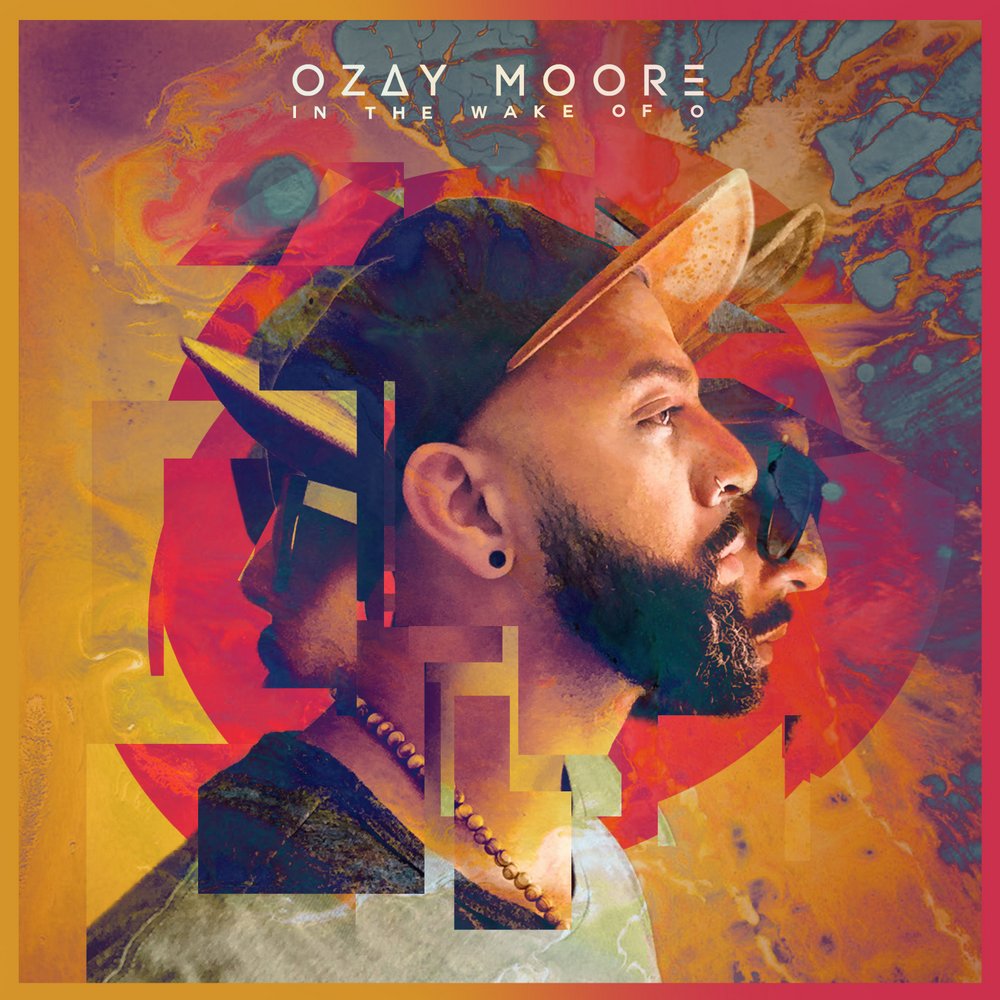
In the Wake Of O is Ozay Moore’s new album. “There’s not a lot in the way of folks sharing life and the struggles of adulthood. I would hope this album would inspire people to value priorities and value transitions and changes in life.” He wants to give people a Christ-centered approach to changing seasons in life through sharing his own experiences.
“You’re gonna live various versions of yourself throughout your life. God is still the same throughout those phases of life.”
“The wake is like the trail you leave behind. The wake is the awakening. The wake is also the death.” In this album, he shares his journey from his spiritual awakening in high school to the legacy he seeks to leave behind in his death. “What will his kids inherit? What will happen in community or society in the wake of his existence?” Those were among the questions Moore wondered when writing this In the Wake of O.
Although it is not a common thought, he wants listeners to consider what others will walk away with after encountering them and seek to live accordingly. “To be mindful of it is something I feel we’re responsible for.”
This album has been years in the making. Due to being a family man now, “I operate on small slivers of time in which I can dedicate to being creative.” He would write lyrics while riding in the car or during breaks at work and invited fellow artists to contribute verses. “I just so happen to have some really talented friends and I was able to lean on them and call in some favors.”
“It was more like slow cooking than microwaving… to sit there and allow the flavors to really soak up the nutrients.”
The introductory song, “Thumb Drive,” is based in the fact that everyone’s fingerprints are unique. “The uniqueness of my own personal imprint on the world and when I feel obligated by God to go out and live out drives me.” USB thumb drives are used to share files with others, and Moore connects the idea in using the song to share his life with others.
“Good” is one of the album’s singles and is about finding contentment in the Lord. “You spend so much time and buy into this idea that if you ever settle you’re giving up.” Moore thinks that many people are so focused on moving forward and making progress that they miss out on finding contentment in the present. “Thank God for what you have and appreciate and bask in what the Lord has already done.” When looking at himself, he says “Life is really good. I could complain but I won’t.”
“Abracadabra” comes from the concept of creating something out of nothing and is inspired by the beginnings of hip-hop music in the 1970s. Moore, along with friends, created a nonprofit in their city called All of the Above Hip-Hop Academy.
“The preservation of the culture is something that we take pretty serious and something that we like to discuss with our students.” Through educating youth in rapping skills, they mentor them and teach them the history of hip-hop and how it has created and built community.
He is saddened by the “toxic ideas” that hip-hop has been used to spread but believes that it is also a powerful tool for positive change. In the song, Moore hopes that hip-hop will return to its roots and be used to benefit communities. “Our communities created this, but we’ve given it to the mass media. We’ve given it to these radio machines and they’ve taken it and stripped it of all its good nutrients and anything that would be healthy and give us fast-food rap music all the time.”

Moore’s song “Wow” was inspired by the current state of America under President Donald Trump. “You turn on the news, I feel like that was my impression. Sitting in my living room like, ‘Wow. Wow. Wow. What’s happening.’” He, and many others, had believed that America had progressed in the past decades, but “the reality is that’s not necessarily the case. We’ve actually gotten really good at sweeping issues under the rug and pretending like they didn’t exist. Now things are being brought out into plain view.”
The song is one of social commentary in which Moore discussed topics such as the election of Donald Trump to the Presidency. “I mentioned the [Keystone] pipeline. I know Propaganda talked a little bit about Standing Rock [protests] and some of the things that were happening during the process of making this song and relating that back to our hope and our faith in Christ.” He and Propaganda, who is featured on the song, speak about how God remains sovereign despite the turbulence of our nation. “I felt the duty to bring some light to it.”
“I came up in an era of hip-hop where you created and made projects and you had a bunch of eyes and ears on the project.” Moore’s eleven-song album includes over twenty features from other artists. “You get different perspectives. You’re trying to make an album that’ll be around for a long time and putting different voices on it keeps it diverse.”
“It was a collaborative effort between me, a bunch of my friends, the good folks at illect Recordings, obviously the Lord [who] granted me grace through the process and helped the project be cohesive to allow this message to shine through and be able to fall on ears.”
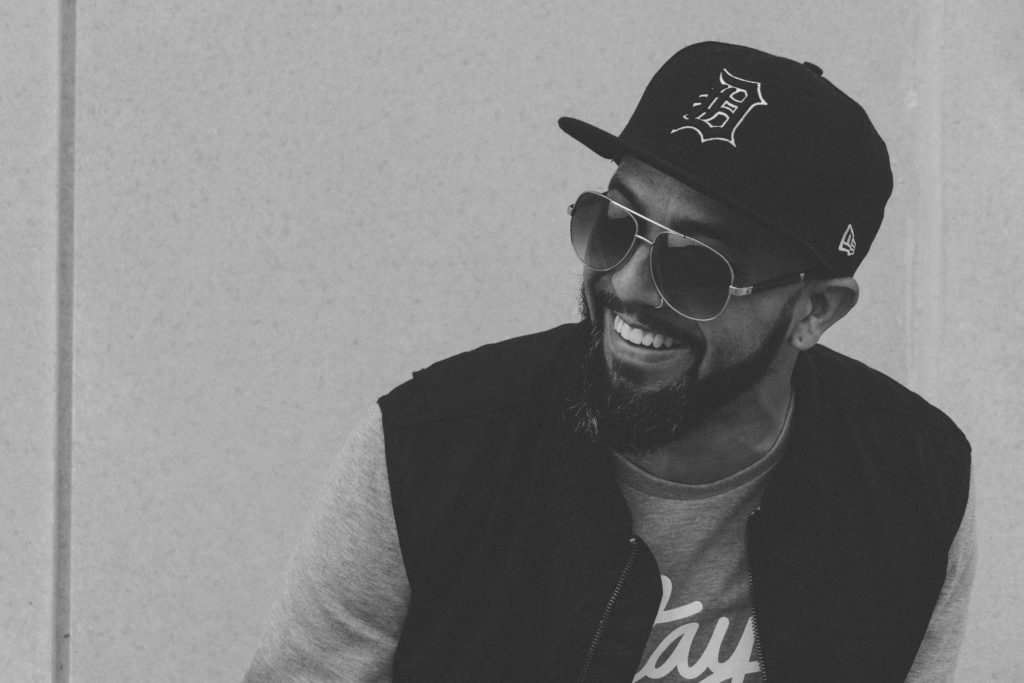
Outside of music, Moore plays basketball and loves spending time with his friends and family. He considers himself a coffee connoisseur, making his own brew.
“I buy good beans and give roasts and do my pour-over. Time, temperature, extraction, all of that good jargon.”
You can follow Ozay Moore on Facebook, Twitter, and Instagram.
You can get In the Wake of O on iTunes, Amazon, or Google Play. You can listen on Spotify.


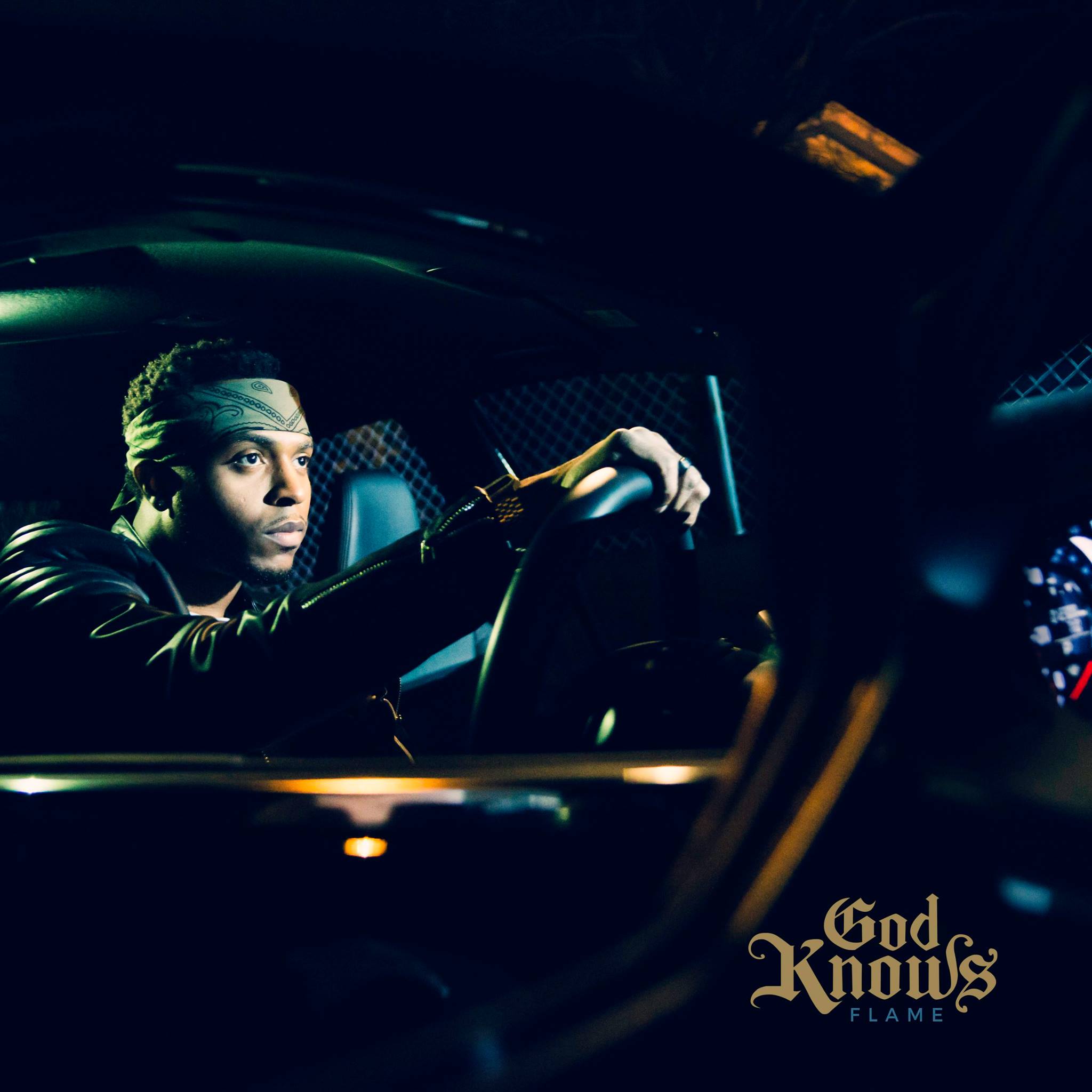
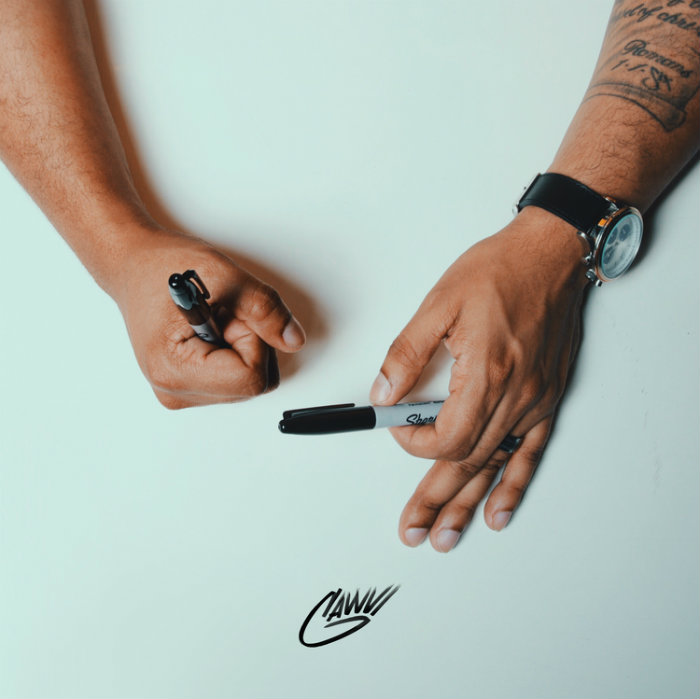
![Whosoever South – Get Down [Behind The Scenes Of The New Music Video]](https://www.jamthehype.com/wp-content/uploads/2014/06/Jam-the-Hype-with-Whosoever-South.jpg)
